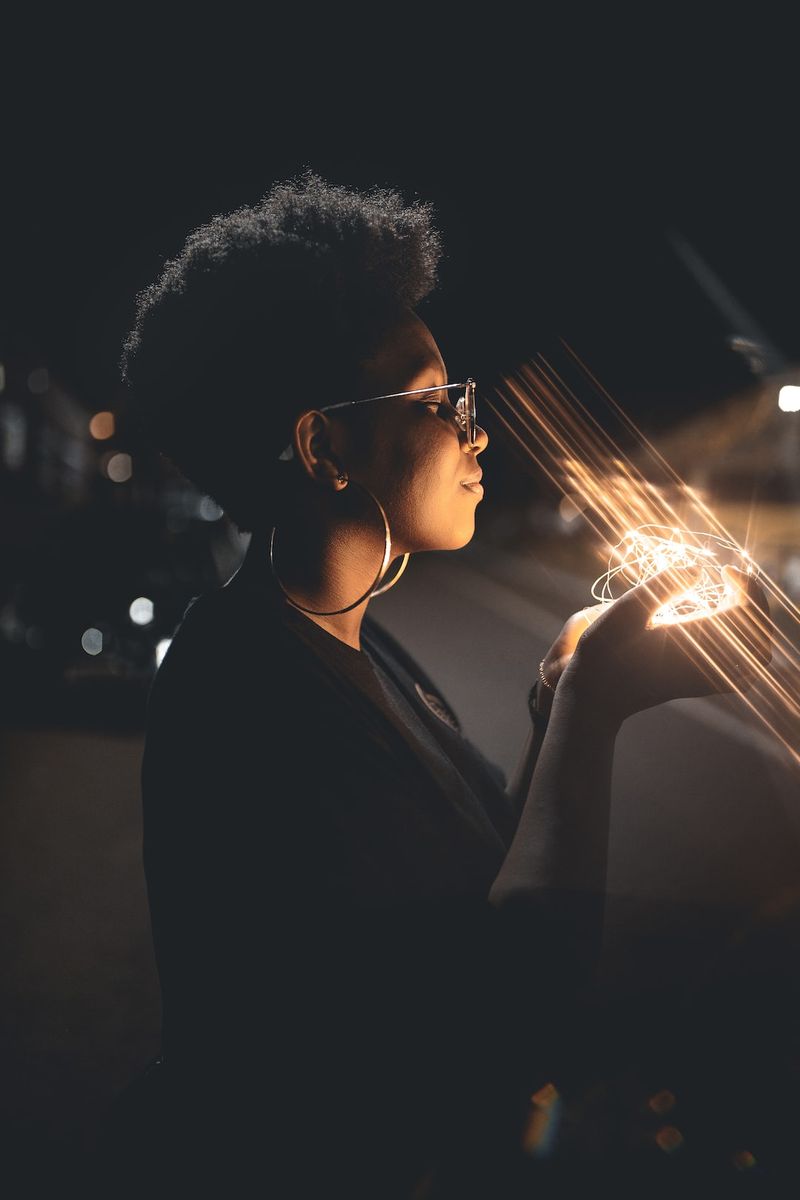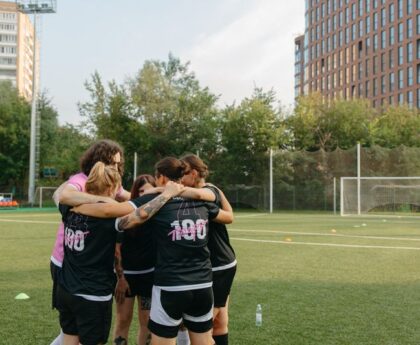Jessica Chastain’s Idea for a Sequel to “The Help” Raises Questions of Empowerment and Representation in Hollywood
Actress Jessica Chastain recently expressed her desire to reprise her role as Celia Foote in a potential sequel to the 2011 film “The Help.” Chastain’s character forms an unexpected friendship with her maid, Minny Jackson, played by Octavia Spencer, in a story that explores racial inequality and women’s friendships in 1960s Mississippi. While Chastain’s enthusiasm for returning to the role is commendable, her comments raise important questions about empowerment, representation, and the responsibility of Hollywood in telling diverse stories.
An Inspiring Film that Divided Opinions
“The Help,” directed by Tate Taylor and based on the best-selling novel by Kathryn Stockett, was a commercial success that resonated with audiences around the world. It received multiple awards and nominations, including an Academy Award for Octavia Spencer’s powerful portrayal of Minny Jackson. However, the film also faced criticism for its portrayal of black characters through the lens of a white protagonist.
Chastain’s character, Celia Foote, was one of the few white characters portrayed positively in the film. Her role offered a glimpse into the struggles and complexities of a woman trying to find her place in a society built on racial hierarchies. Chastain’s performance was praised for its nuanced portrayal of a character who defied social norms and formed a genuine bond with Minny.
Revisiting the Lives of Celia Foote and Minny Jackson
In her interview with EW’s The Awardist podcast, Chastain expressed a deep appreciation for her character and a desire to revisit Celia Foote’s story. She mentioned the possibility of exploring Celia and Minny’s lives after the events of the original film, highlighting their friendship and their shared experience of raising a child together.
The prospect of a sequel offers an opportunity to further develop the characters of Celia and Minny, shedding light on their personal growth, the challenges they face, and their continued fight against racism and inequality. However, it is crucial to ensure that any continuation of the story addresses the concerns raised by critics of the original film and takes a more nuanced approach in representing the experiences of black characters.
Empowerment and Representation in Hollywood
Chastain’s desire to revisit her character raises broader questions about empowerment and representation in Hollywood. The film industry has historically struggled with inclusivity and telling diverse stories from marginalized communities. Consequently, actors and actresses have often found themselves limited to specific types of roles or subjected to stereotypes.
Chastain’s willingness to return to a character like Celia Foote, who breaks societal norms and challenges the status quo, demonstrates the potential for actors to actively seek roles that empower and uplift underrepresented voices. By embracing characters that break barriers, actors can contribute to a shift in the narrative and promote greater diversity and equality in the industry.
The Responsibility of Hollywood
While the decision to create a sequel ultimately rests with the filmmakers, Hollywood as a whole has a responsibility to prioritize diverse storytelling and ensure that the narratives being portrayed on screen are both authentic and empowering. This means not only creating opportunities for actors of all backgrounds to shine but also engaging with diverse creative voices behind the scenes.
If a sequel to “The Help” were to be made, it would be crucial for the filmmakers to approach the story with sensitivity, taking into account the feedback and criticism received by the original film. The sequel should provide a platform for black characters to share their own stories and perspectives, offering a more nuanced and authentic portrayal of their experiences.
Celebrating Progress and Exercising Caution
While Chastain’s idea for a sequel to “The Help” is intriguing, it is essential for Hollywood to reflect on the progress made in terms of representation and consider the potential pitfalls of revisiting a story that previously sparked controversy. It is vital for filmmakers to be mindful of the responsibility they hold in shaping cultural narratives and ensuring that the stories being told reflect the diverse realities of our world.
Ultimately, the potential sequel could serve as an opportunity for growth and reflection, allowing Hollywood to continue the important work of empowering marginalized voices and telling stories that challenge societal norms. However, this must be done with conscious effort, consultation, and the involvement of diverse voices to avoid perpetuating harmful stereotypes or repeating past mistakes.

<< photo by Guilherme Stecanella >>
The image is for illustrative purposes only and does not depict the actual situation.
You might want to read !
- “Breaking Barriers and Spreading Love: ‘Heartstopper’ Season 2 Brings More Queer Joy to Screens”
- Breaking Barriers: Lee Hodges Claims Victory at 3M Open
- “The Rise of Julija Stoliarenko: Breaking Barriers in UFC London”
- Why a 'The Help' Sequel with Octavia Spencer Could Be the Perfect Follow-Up
- Diving Into the Uncertain Future of “Wonder Woman 3”
- Spider-Man: Across the Spider-Verse Star Is Concerned About the Future of Multiverse Crossovers
- Cleanup and Investigation: Unveiling the Aftermath of the Thunder Over Jet Crash
- “From Fashion Mogul to Motherhood: Exploring Ashley Olsen’s Newest Chapter”
- The Modern Parenthood Paradigm: Ashley Olsen’s Journey into Motherhood
- The Inspiring Journey of Michael Oher: From the NFL to The Blind Side
- Zooey Deschanel and Jonathan Scott of ‘Property Brothers’ are taking their relationship to the next level
- Luke Combs brings his Growin’ Up and Gettin’ Old Tour to new heights: Exploring the evolution of a country music superstar
- The Perils of Political Piling: Examining the Criticism Faced by a Democratic Senator
- Billy Porter vs. Anna Wintour: Fashion, Politics, and the Clash of Icons
- The Ongoing Fight for Justice: Exposing the Disturbing Role of an Accomplice in the Vanessa Guillén Case
- Breaking the Chains: Examining the Sentence of a Texas Woman
- The Unsettling Reality: A Closer Look at the Baltimore Block Party Shooting
- Run Rabbit Run: A Review on the Heartbreaking Reality of Neglected Children
- The Tragic Case of Mackenzie Shirilla: Unveiling the Murder Disguised as Reckless Driving
- Clarence Avant: Honoring a Trailblazing Legacy in Black Entertainment
- The Ruth Handler Legacy: Unveiling the Untold Story of Barbie
- The Power of Women: Jule Brand, Lauren James, Melchie Dumornay, Linda Caicedo & Co.
- Cara Delevingne’s Bold Stand: The Reasons Behind Her F1 Refusal




